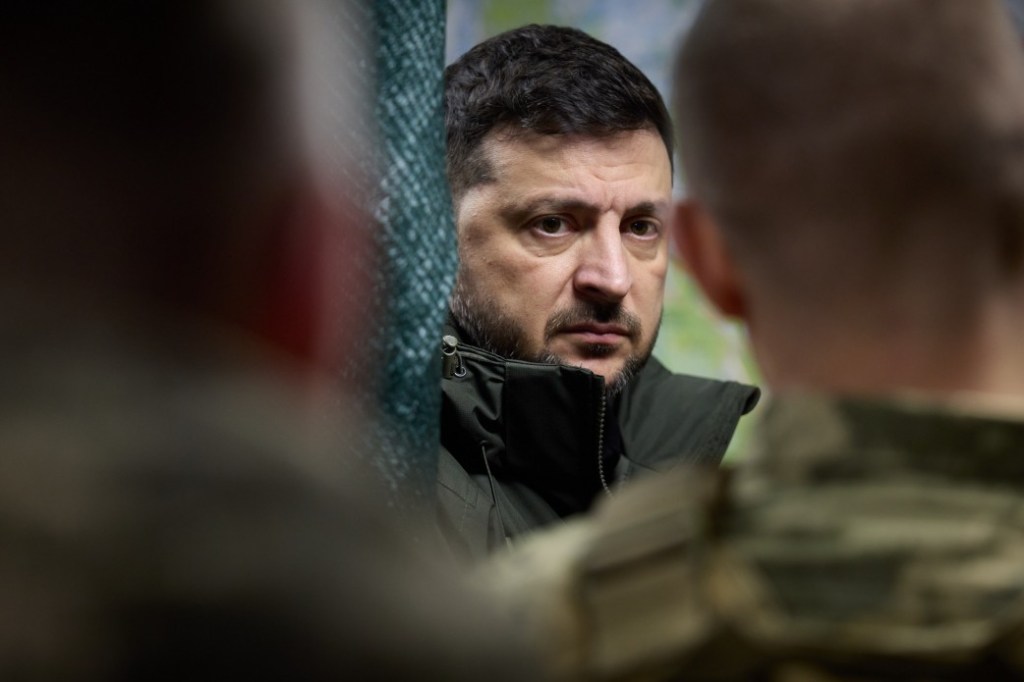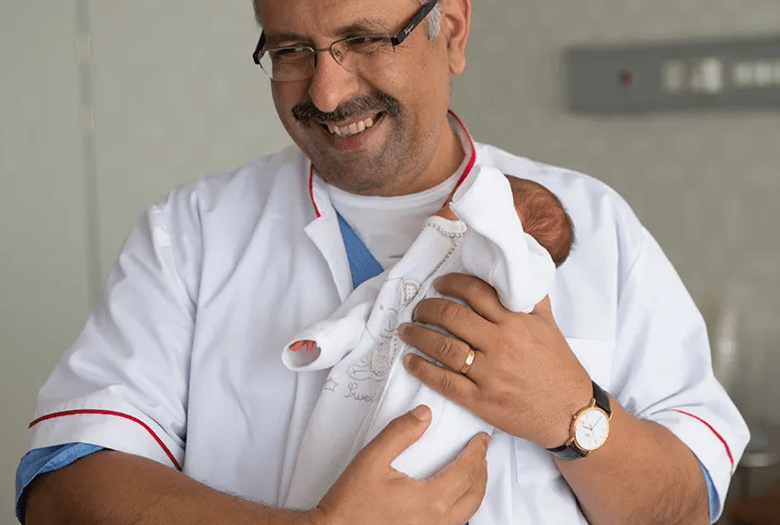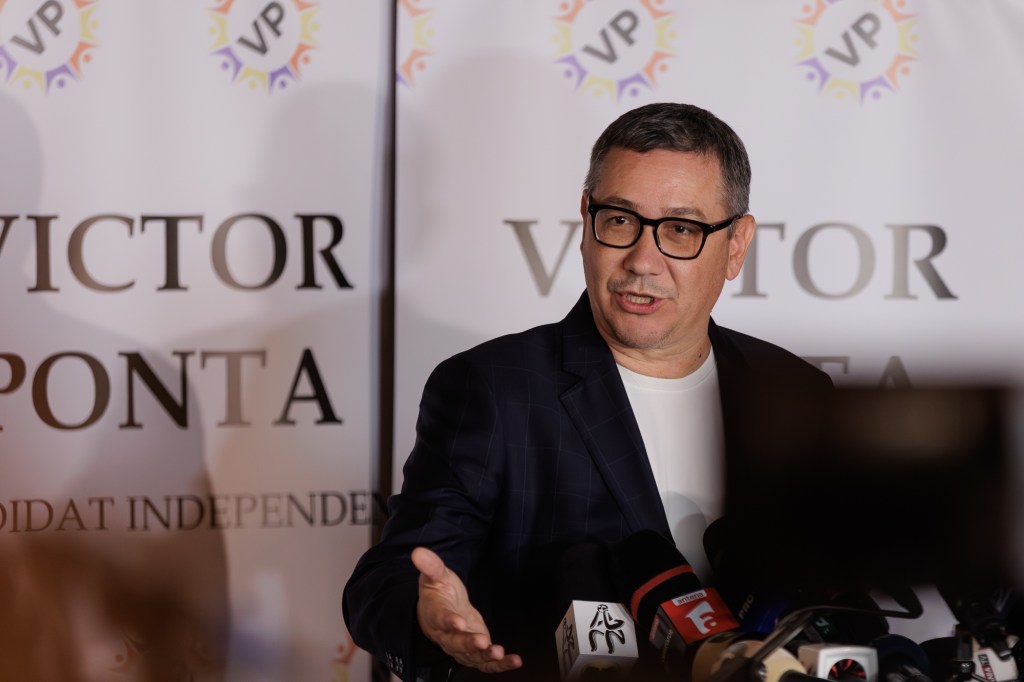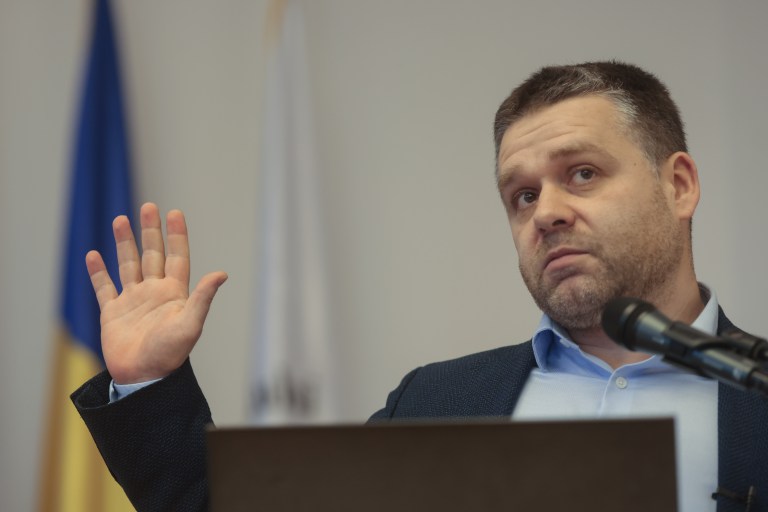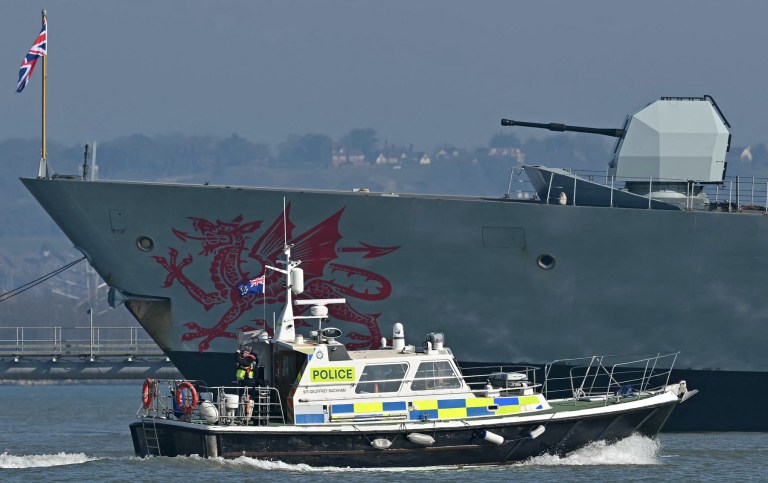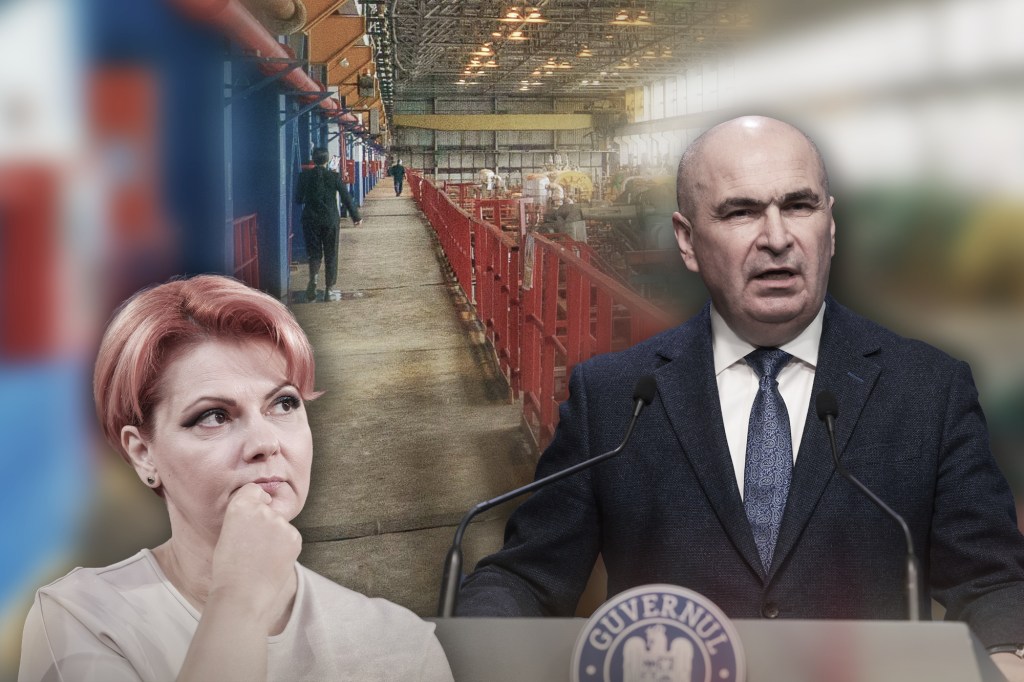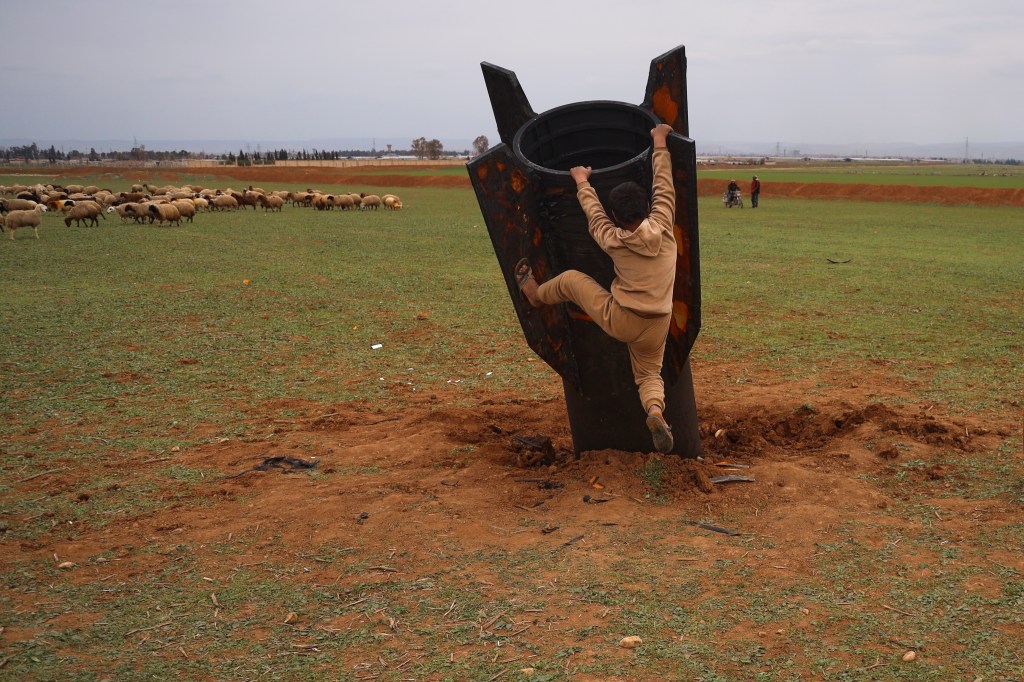Romania is country of origin, transit and destination for sexual exploitation and forced labour for men, women and children, according to the Human Trafficking Annual Report published by the US State Department. The report indicates that Romania is taking measures, but the country ranks 2nd in the Tier II countries’ top, meaning it must remain an active human trafficking opposing.
Romanian men, women and children are trafficked in Spain, Portugal, Greece, the Czech Republic and Germany for sexual exploitation, forced begging and forced labour in agriculture, constructions and services sector. Additionally, men and women in Romania are trafficked towards Cyprus, Netherlands, Slovakia, Poland, Portugal, Belgium, Turkey, Sweden, Hungary and Denmark for sexual exploitation and forced labour. The report shows that most of the identified victims – 69% – were sent to forced labour.
Romania is also destination for a small number of trafficked women from Moldova, Columbia and France for sexual exploitation. A small number of men from Congo and Honduras were trafficked for forced labour.
The report goes on to show Romania does not fulfil al the minimum standards of fighting against human trafficking, but is making significant efforts in this sense. The funds allocated to NGOs assisting victims have increased considerably in 2008; there have been measures taken to guide victims toward appropriate assistance and it continued to inform the public on the issues. The Romanian Government worked with similar international institutes, which help to annihilate important human trafficking networks.
Despite all measures, the number of victims benefiting the state’s assistance has decreased in 2008. And although 69% of the victims were trafficked for forced labour, the state could not indicate a single big action it has taken to tackle the problem, the report informs.
Recommendations for Romania:
- taking planned measures to investigate and punish human trafficking for forced labour;
- making sure that a large number of victims have access to state supported assistance;
- training judges on the issue.



